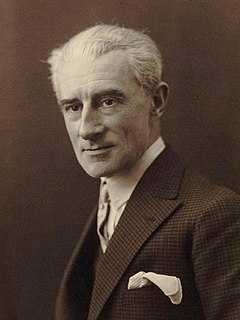A Quote by Alistair Horne
A supreme pragmatist, Kissinger was never interested in the art of the impossible - and nor, as a biographer, am I. That is why, having initially been invited to write his entire official biography, I eventually decided to devote myself to writing just one year in his life: 1973.
Related Quotes
There should be a law that no ordinary newspaper should be allowed to write about art. The harm they do by their foolish and random writing it would be impossible to overestimate--not to the artist but to the public.... Without them we would judge a man simply by his work; but at present the newspapers are trying hard to induce the public to judge a sculptor, for instance, never by his statues but by the way he treats his wife; a painter by the amount of his income and a poet by the colour of his necktie.
Kissinger's unusually high body count and singular moral imperiousness has the effect, among his critics, of obscuring his didactic utility. An outsized personality who has committed outsized mayhem, Kissinger eclipses his own context. Yet, as animals were to the anthropologist Claude Levi-Strauss, Kissinger is good to think with.
My father, a bookkeeper who never earned more than $11,000 a year in his life, sat there, writing out a $25 check to the NAACP. When I asked him why, he said discrimination against anyone is discrimination against us all. And I never forgot that. Indeed, his philanthropy was a gift, not just to that organization, but to me.
In fact, the influence of Schoenberg may be overwhelming on his followers, but the significance of his art is to be identified with influences of a more subtle kind - not the system, but the aesthetic, of his art. I am quite conscious of the fact that my Chansons madécasses are in no way Schoenbergian, but I do not know whether I ever should have been able to write them had Schoenberg never written.
You can't argue with someone who believes, or just passionately suspects, that the poet's function is not to write what he must write but, rather, to write what he would write if his life depended on his taking responsibility for writing what he must in a style designed to shut out as few of his old librarians as humanly possible.
What a wee little part of a person's life are his acts and his words! His real life is led in his head, and is known to none but himself. All day long, the mill of his brain is grinding, and his thoughts, not those of other things, are his history. These are his life, and they are not written. Everyday would make a whole book of 80,000 words -- 365 books a year. Biographies are but the clothes and buttons of the man -- the biography of the man himself cannot be written.
Most students of Kissinger find it hard to say anything about Kissinger that isn't about the man himself. He is such an outsize figure that he eclipses his own context, leading his many biographers, critics, and admirers to focus nearly exclusively on the quirks of his personality or his moral failings.
Every man should write a brief history of his life: his parentage, his birth, his religion, when he was baptized and by whom, when ordained, what to, and by whom-give a brief sketch of all his missions and of all his official acts and the dealings of God with him. Then if he were to die and the historians wished to publish his history, they would have something to go by.
This is America, where a white Catholic male Republican judge was murdered on his way to greet a Democratic Jewish woman member of Congress, who was his friend. Her life was saved initially by a 20-year old Mexican-American gay college student, and eventually by a Korean-American combat surgeon, all eulogized by our African American President.







































